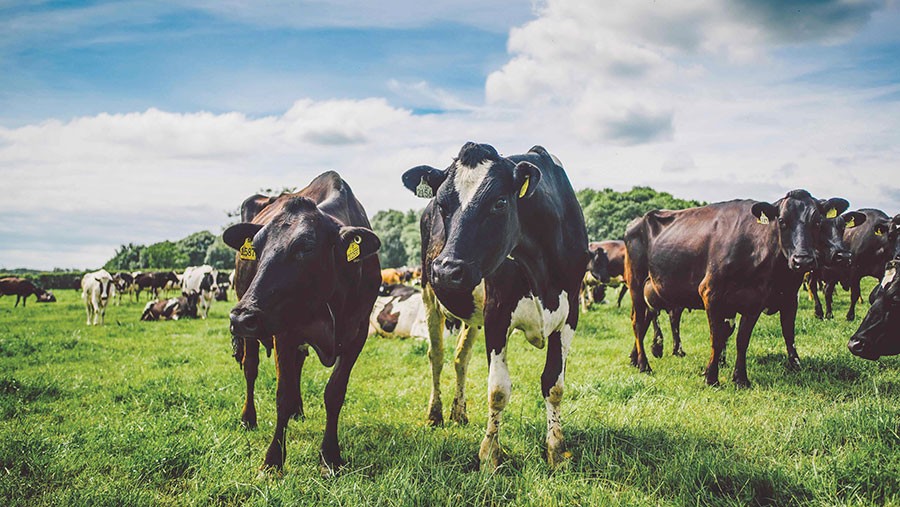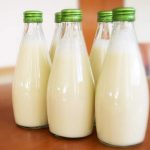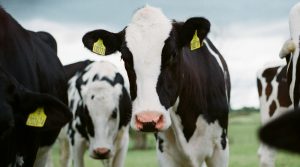
WA Agriculture Minister Alannah MacTiernan is not ruling out government-led market intervention to rescue the state’s struggling dairy sector, which could see consumers paying more for their milk at the supermarket checkout.
Dairy industry representatives from the state’s three major processors and producers recently met with Ms MacTiernan and ministerial staff in Perth, in a bid to find solutions to a deepening ‘crisis of confidence’ in the sector.
Among ideas flagged by producers as potential solutions was the introduction of a 10 cent per litre retail levy to be paid by consumers, to help fund a farmer-owned ‘last litre’ manufacturing facility.
It comes as farmers continue to grapple with rising production costs, ‘unsustainable’ farmgate prices, and the widespread sell-off of heifers and breeder stock to take advantage of healthy prices in the saleyards.
“It’s very clear that the majority of dairy farmers really want some intervention in the marketplace,” she said.
“We’ve clearly got a problem, but if we’re going to do something extraordinary like a market intervention, it’s quite clear we’re going to have to have more comprehensive data.
“We are really going to need to have the evidence.
“It’s hard to turn the clock back and go back to a regulated price but it would be nice to get some sort of recognition in the marketplace.
Sooner rather than later
Industry consultant Steve Hossen, who has been advising WA dairy producers for several decades, said intervention was needed sooner rather than later.
“They know it’s no good over the long term, and farmers also know that for industry to stabilise and grow, the sector needs to have some version of intervention.”
Mr Hossen said any move to introduce a retail levy would need to be carefully structured to ensure there was a benefit to farmers.
“If the retail level isn’t well structured it will be captured by the retailers or the processors…that’s dangerous,” he said.
“I’m in favour of a last litre processing facility that would have a reasonable amount of farmer ownership.”
Supermarket power the problem: farmer
Neville Haddon runs a large-scale dairy and beef operation at Busselton about two and a half hours south of Perth. Mr Haddon milks more than 1,000 cattle and has 15 permanent employees.
Mr Haddon said he was not in favour of any re-regulation of the industry, instead favouring a crackdown on supermarket conduct.
“In WA we’ve got three processors competing for market shelf space with skin in the game. They own processing plants and farms,” he said.
“But they’re competing against retailers who only have a brand in the shelf, but they don’t own farms or processing, so the competition is not fair.
“The competition should be between processors, not with supermarkets that own the shelf and own their own brand, and everyone is expected to compete. That’s the market failure.
























